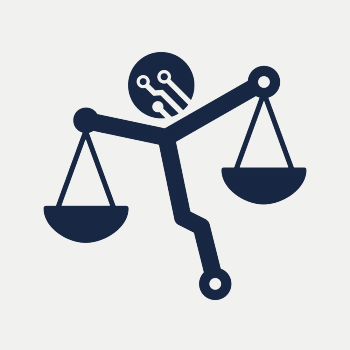AI for English Law - Work Package Five - Law and Technology Education
Legal training has traditionally involved no quantitative analysis, let alone computing skills. Henderson (2010) argues a lack of development in training was long masked by surging demand for legal services, which is now flattening out. Successful implementation of AI by lawyers requires complementary changes in their education and skills. Indeed, practice is rapidly moving toward the position where such skills may become necessary to meet professional standards (e.g. State Bar of California, 2015). WP5 builds on exploratory work that Oxford’s Law Faculty and Computer Science Department have undertaken to meet student demand for a short, free-standing module on ‘legal tech’. Early experiences and feedback from this strongly point towards a more fundamental skills needs and course design development exercise.
This education challenge is compounded by three factors. (i) Coordination: firms have a shared interest in educational infrastructure for relevant skills, but their business competition obstructs sharing of training needs (WP4). (ii) Interdisciplinarity. Opportunities to implement legal AI applications may be open at least as much to those from outside the legal profession as within it (WP1). Training is needed for both. (iii) Change. The ever-evolving nature of AI technology (WP3) implies multiple waves of restructuring of legal services workflows. Re-skilling is thus a continuous process, impacting on work organisation and job design, and generating needs for both new entrants and existing workers.
This WP will address the need to educate professionals to deliver legal services in the digital economy and to enable them to respond to technological change, while also equipping software engineers with an awareness of and an ability to work with legal regulation
- In what ways does a lack of appropriate educational provision currently present a barrier to (a) law firms in adopting new technologies, and (b) computer scientists in proceeding efficiently within the rule of law?
- How might this need best be addressed to allow those working in these sectors to interact innovatively and efficiently?
